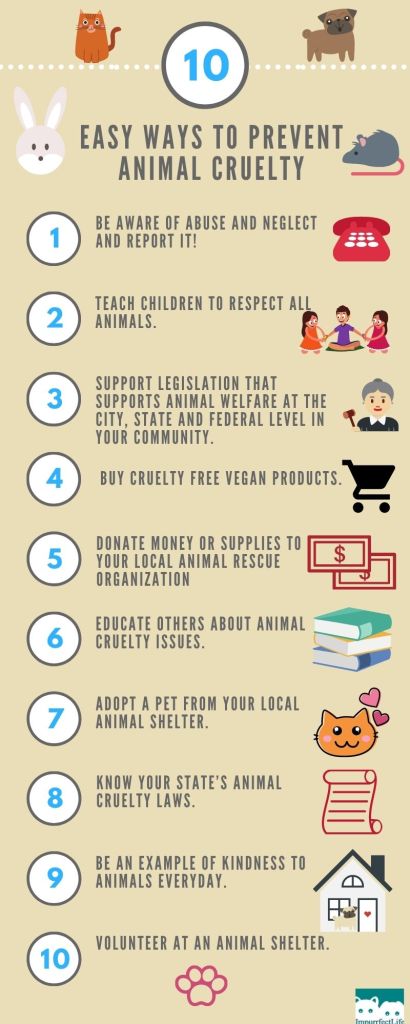Animal cruelty is a pervasive issue that lurks within the shadows of our daily lives. It manifests in various forms, from neglect and abandonment to horrific acts of abuse. The plight of defenseless creatures in our society requires our undivided attention. To effectuate change and mitigate these heinous acts, individuals must broaden their understanding of animal welfare and cultivate empathy toward those who cannot voice their suffering. So, what can you do to help combat animal cruelty? Start here, where every small action contributes to a monumental impact.
First, it is imperative to educate yourself about the myriad forms of animal cruelty. Familiarize yourself with the legal definitions and local animal welfare laws that exist, as ignorance can perpetuate suffering. Understanding what constitutes abuse—be it physical harm, psychological torment, or deprivation of necessary resources—is crucial in identifying and rectifying these injustices. Moreover, being informed allows you to advocate effectively for animals, raising awareness within your social circles.
One significant step you can take is to volunteer your time at local shelters or rescue organizations. These grassroots organizations are often the first line of defense for abused and abandoned animals. By assisting with the daily operations, such as feeding, caring for, and socializing with animals, you provide invaluable support. Your presence helps alleviate the burden on staff members while creating a safe and nurturing environment for the animals. Additionally, many shelters are in dire need of foster homes for animals waiting for their forever families. Opening your home, even temporarily, can provide life-changing experiences for those in need.
Another impactful avenue is to participate in advocacy campaigns aimed at legislative change. Engage with local and national organizations that work tirelessly to promote stronger legal protections for animals. Sign petitions, attend rallies, and reach out to legislators expressing your concern over current animal welfare laws. The power of collective voices cannot be overstated. When communities unite, their demands resonate more profoundly in halls of power, compelling legislators to take action.
Education extends beyond personal enlightenment; it should also include sharing knowledge with others. Host informative gatherings or discussions, or create an online platform to disseminate information about animal welfare. Crafting engaging content that encourages others to reflect upon their perceptions of animals can catalyze a shift in understanding. Consider what it’s like to see the world through an animal’s eyes. By fostering empathy among your peers, you can help create a culture that respects and protects animal rights.
Additionally, consider adopting a plant-based lifestyle or reducing your consumption of animal products as a form of advocacy. The livestock industry is responsible for a staggering amount of animal suffering and environmental degradation. By making informed choices about what you eat, you can lower the demand for practices that cause harm to animals. This shift in dietary habits not only conveys your commitment to animal welfare but also promotes sustainable living.
Commercial industries often exploit animals for entertainment, testing, and fashion. Take a resolute stand against such practices by boycotting businesses that engage in animal cruelty. Your purchasing power can wield significant influence. Opt for cruelty-free products, support ethical brands, and prioritize services that do not contribute to the suffering of animals. Additionally, educate your friends and family about the impact of their consumer choices to further drive the point home.
Another profound way to assist is through donations to reputable animal welfare organizations. Financial contributions enable these groups to rescue animals in peril, provide medical treatment, and create educational programs. However, thorough research is essential; ensure the organization is transparent about its practices and utilizes funds effectively to make a difference. Your generosity can help save lives, restore hope, and promote long-lasting change.
Histories of abuse can leave behind scars that are far deeper than physical wounds. Supporting therapy programs for animals can be a pivotal part of the healing process. Whether through funding or volunteering, you can help provide resources necessary for the rehabilitation of animals who have endured trauma. This assistance is especially vital for rescue groups that take in animals who have been severely neglected or abused, helping them foster trust and recover from their past experiences.
Lastly, remain vigilant. If you witness any form of animal cruelty, report it immediately to local authorities or animal control. Indifference perpetuates pain, while active compassion leads to change. Document any evidence, including photographs or videos, and provide as much context as possible. Your action could be the catalyst that salvages an animal’s life. Encourage your community members to do the same, fostering an environment in which animal cruelty cannot thrive unnoticed.
In conclusion, combating animal cruelty requires a multi-faceted approach. Your efforts, no matter how small, contribute to the larger narrative of compassion and support for our fellow beings. Starting from education to advocacy, from volunteering to financial support, there are countless pathways to making a meaningful difference. By embracing empathy and understanding, together, society can forge a future where animal welfare is prioritized, and cruelty becomes an unspeakable relic of the past. The time for action is now; every moment spent in silence is a moment that prolongs suffering. Be the change that animals desperately require.








